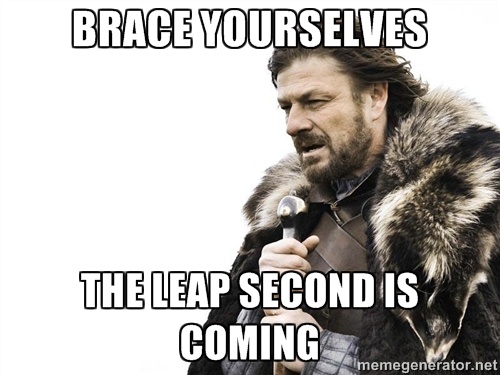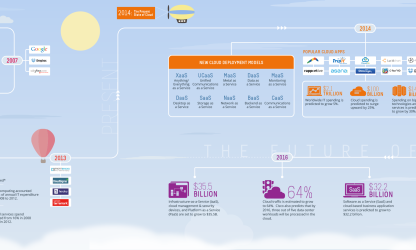
In an effort to sync up with the gradual slowing of the earth’s rotation we experienced what is being referred to as a “leap second” yesterday at midnight Coordinated Universal Time (UTC).
Apparently this leap second could’ve been bad news for computer systems around the globe. The last leap second, which took place in 2012, brought down Gizmodo, Reddit, Yelp, LinkedIn, Foursquare, Gawker, and StumbleUpon, among other sites and apps. Although Amazon did experience an outage yesterday, it appears that it was unrelated, and most US companies were more prepared for the extra second this time around.
The Leap Second
The idea of a leap second isn’t a new thing. They used to occur about once per year starting in 1972, but they’ve become less common in the past few years. For more information on the whys behind the leap second phenomenon, here is link to NASA’s website where they give all the pertinent info.
The problem is that during this extra second, a computer’s clock shows 60 seconds instead of simply rolling over to the next minute, or it shows the 59th second twice. The computer sees this as time going backward, and registers this as a system error that can overload its central processing unit. This happens so irregularly that programmers are oblivious to this extra second, which makes it difficult for computer companies to catch the problem.
According to a Computer World article, some 2,000 networks stopped working yesterday, although most quickly recovered. Nearly 50 percent of those networks were in Brazil, which may indicate that ISPs use a common type of router that may not have been prepared for that extra second.
Google has developed what it calls one of its “coolest workarounds” after a 2005 leap second made some of its computer systems stop accepting new commands. Although their site and data was not affected in 2005, they wanted to fix the issue once and for all.
The next leap second, which has not yet been scheduled, should have even fewer repercussions.




